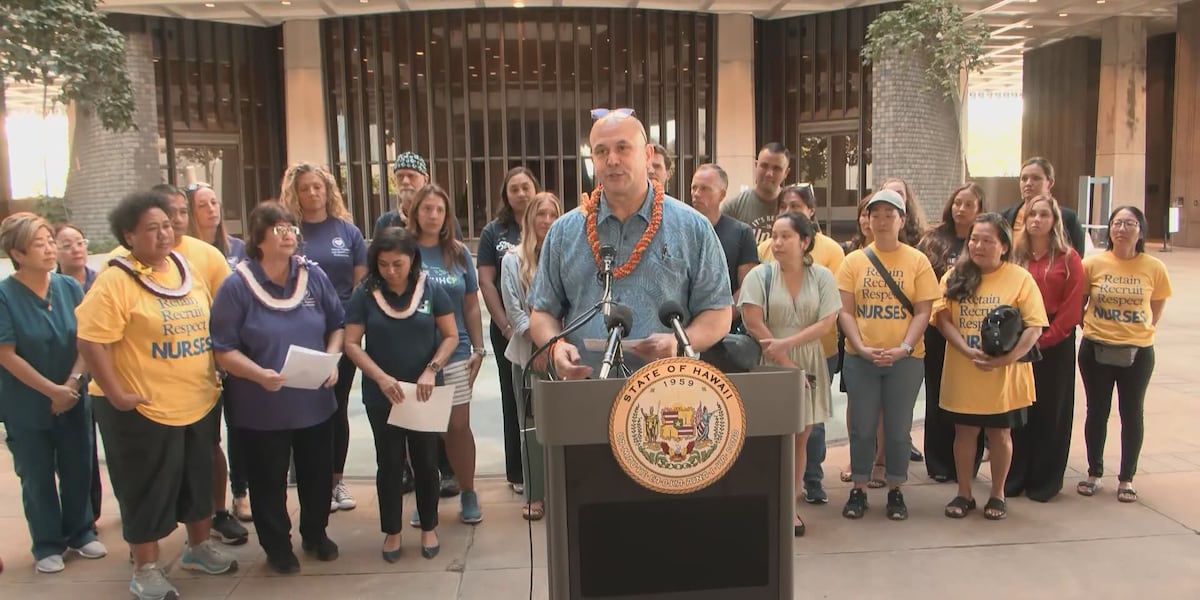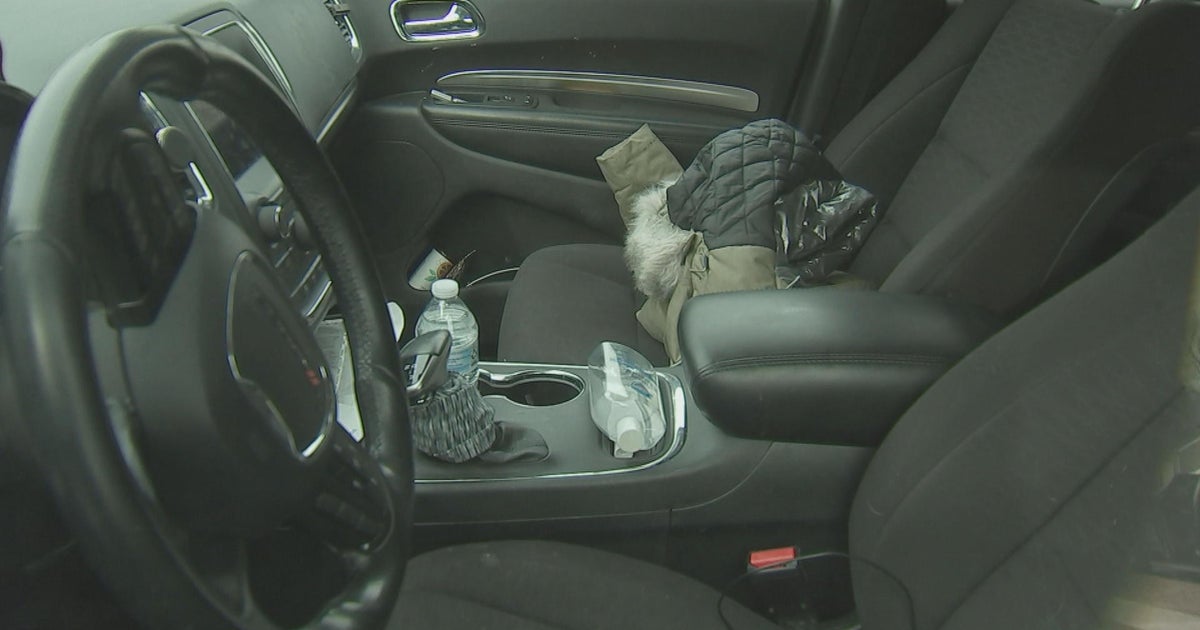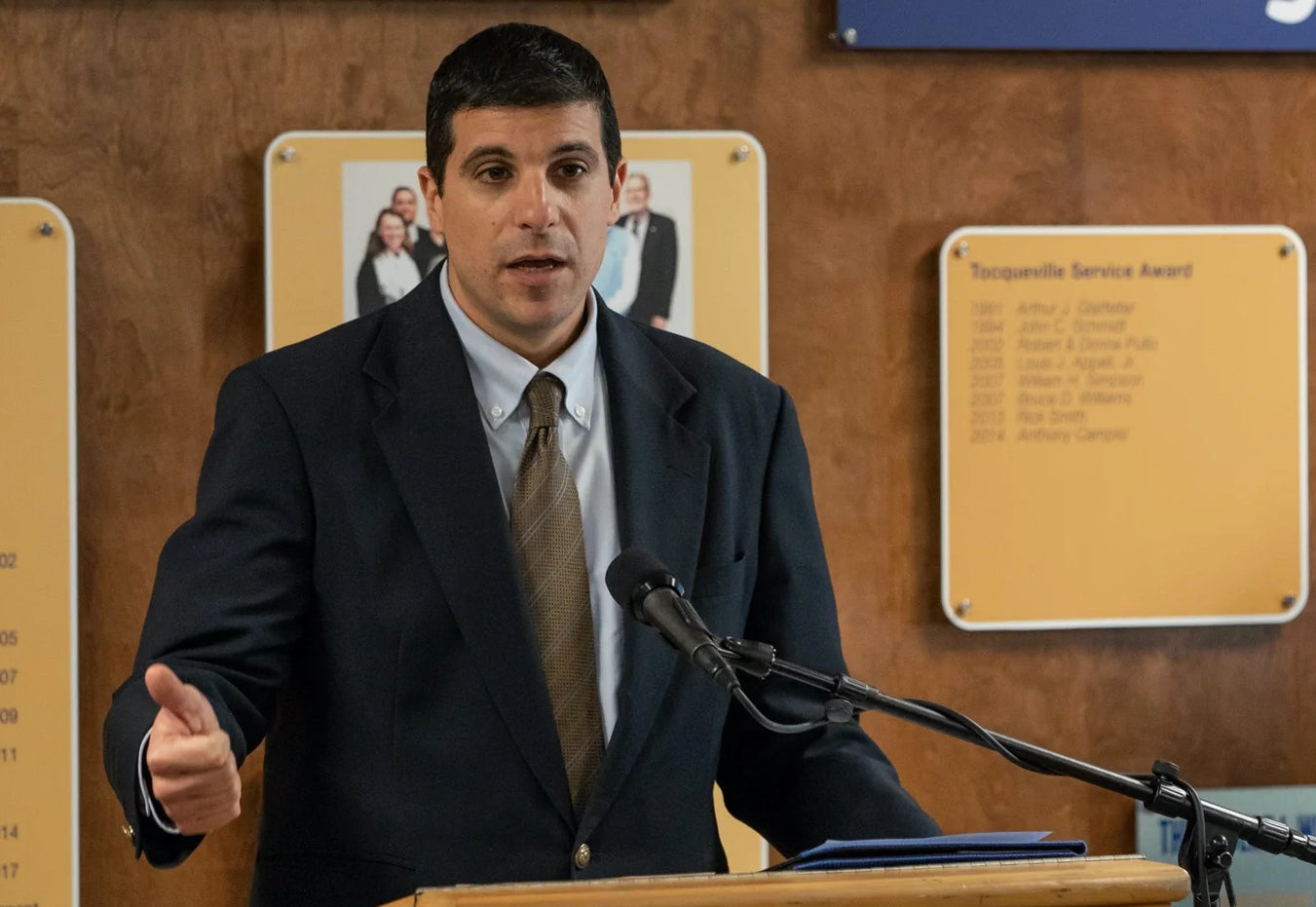CNN
—
The man suspected of killing ten people in a Boulder, Colorado, grocery store in 2021 has been deemed fit to stand trial, a judge ruled Friday, and he will remain in custody at a state hospital to ensure he takes medication to maintain his competency.
Ahmad Al Aliwi Alissa is accused of opening fire on March 22, 2021, at a King Soopers and killing 10 people, including a store manager and a police officer. He faces a total of 54 charges, including ten counts of murder and one count of attempted murder.
Colorado District Judge Ingrid Bakke initially ruled Alissa incompetent to stand trial in December 2021 after he was evaluated by a defense expert, two doctors from the state hospital and a doctor selected by the prosecutors, according to court documents filed by Boulder County District Attorney Michael Dougherty. The doctors determined Alissa’s condition got worse while at the Boulder County Jail, and he was then sent to the state hospital for treatment.
In her order Friday, the judge restored his competency and noted Alissa’s evaluators have diagnosed him with schizophrenia, but concluded he isn’t suffering from delusions that interfere with his ability to stand trial.
CNN has reached out to Kathryn Herold, Alissa’s state-appointed defense attorney, for comment on the order.
Bakke acknowledged her court doesn’t have the authority to order Alissa remain housed at the Colorado Mental Health Institute (CMHI) in Pueblo after he is found competent to stand trial, but she “strongly urged” the state hospital to retain him due to the “gravity of this case.”
Shortly after the order was filed, the CMHI granted the request to keep Alissa in its custody, deeming it necessary while his case is ongoing, according to the district attorney.
Dougherty said in a statement his office is “pleased” with the court’s decision, saying it “provides some hope for the victim families that this case will move forward and that justice will be done. We will never stop fighting for the right outcome in this case.”
Alissa was able to purchase a Ruger AR-556 on March 16, which he used in the shooting, after passing a background check, John Mark Eagleton, the owner of Eagles Nest Armory in Arvada, said in 2021 after the attack.
Nothing in the federal system would have prevented Alissa from passing a background check and buying a firearm, a law enforcement source had previously told CNN.
The suspect pleaded guilty to a misdemeanor count of third-degree assault in 2018 after attacking a high school classmate one year earlier, according to court documents and a police report. He was sentenced to one year probation, 48 hours of community service and anger response treatment, court documents said.
Evaluators at the state hospital said Alissa had impoverished speech and thoughts when he arrived at the state hospital for treatment in December 2021. Impoverished speech is often linked to brain disorders and hinders someone from talking very much due to a mental illness, injury or disease, according to the Cleveland Clinic.
Alissa had been in the hospital for more than a year in March 2023 when his functioning began to decline after refusing to take his antipsychotic medication, the order says. He was then forced to take medication and undergo individual and group competency sessions, during which he started to open up more, which the judge said “marked a turning point” in his restoration to competency.
Alissa’s condition improved significantly when he began court-ordered medication, which he was forced to take while in treatment at the CMHI, the judge wrote.
Several doctors who evaluated and treated Alissa testified during a restoration hearing last week. Independent and state psychologists testified Alissa should not be sent back to the Boulder County Jail because “he would likely deteriorate” if he refused his medications at the jail, and not all jails “have the capacity or ability to maintain involuntary medications.”
The doctors testified for the duration of Alissa’s time at the hospital, he has demonstrated a “solid factual and rational understanding of the proceedings against him,” which is crucial to his competency.
While there are still concerns about the suspect’s tendency toward isolating himself and his impoverished speech, Bakke wrote, the judge determined he has shown significant improvement in hospital reports from May to August.
DA agrees suspect should remain in hospital
In court documents filed by Dougherty in August, the Colorado Department of Human Services determined in a competency re-evaluation report that Alissa doesn’t currently have a mental disability or developmental disability preventing him from being fit to stand trial.
The agency concluded Alissa had a “rational and factual understanding of the criminal proceedings,” noting his medication regime and stable therapeutic environment at the state hospital is vital to his competency.
“The Boulder County Jail is not a mental health hospital and is not well equipped or able to administer care, medication, or the same level and methods of treatment,” as the hospital, the prosecutor wrote.
Harold, Alissa’s attorney, argued during last Wednesday’s restoration hearing Alissa does not have a good attention span, cannot fully understand court proceedings and should not be deemed competent.
In her order, Bakke agreed with his doctors and evaluators that his competency remains “tenuous” and is contingent on him taking medication. The judge highlighted a time in June of this year when Alissa “specifically said that if he were found to be competent and is returned to jail that he would stop taking his medication.”
The jail does not have the qualified staff and equipment to force him to take his medication, Bakke wrote, and if Alissa is transferred back and forth from the jail to the hospital, it could jeopardize his ability to be restored back to competency.
“…Such a result would be an injustice to everyone who has been impacted by this case,” Bakke wrote.
A preliminary hearing during which prosecutors will present evidence and witnesses to prove he is most likely competent to stand trial has been scheduled for November 14.

























/cdn.vox-cdn.com/uploads/chorus_asset/file/25822586/STK169_ZUCKERBERG_MAGA_STKS491_CVIRGINIA_A.jpg)

/cdn.vox-cdn.com/uploads/chorus_asset/file/25821992/videoframe_720397.png)




/cdn.vox-cdn.com/uploads/chorus_asset/file/23935558/acastro_STK103__01.jpg)